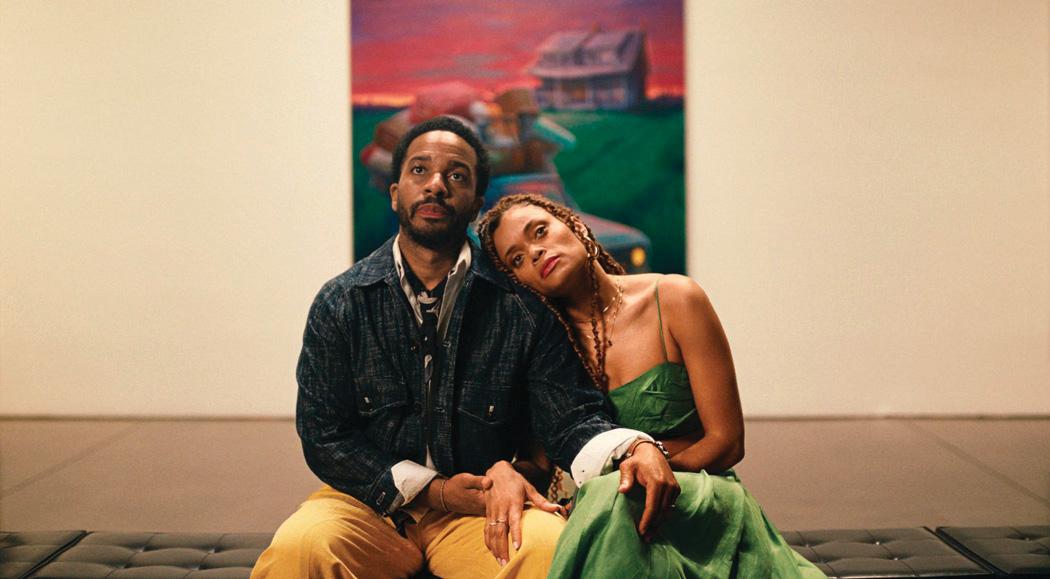Poging GOUD - Vrij
On fathers, and the limits of forgiveness
TIME Magazine
|November 11, 2024
IN 2016, TITUS KAPHAR MADE THE Jerome Project, a short documentary in which he confronts how his father’s abuse and drug use harmed his childhood.

But upon completing it, he discovered he had only scratched the surface. “When I finished, what was clear to me is that it did a good job of telling us where we were, but not how we got there,” he says .
So he turned to fiction. In his new film Exhibiting Forgiveness, which premiered at Sundance in January and hit theaters in October, Kaphar casts André Holland as Tarrell, a celebrated American painter (as Kaphar is) whose life is unmoored by the reemergence of his abusive father and the fragile health of his mother. His parents’ religious beliefs create the expectation that Tarrell will grant easy absolution to his dad, thrusting Tarrell into a chaotic battle between religious values and the hurt he still carries. The film breaks from a long tradition in Black cinema of relying on religion, and the forgiveness it demands, as an all-healing balm. Instead, it offers a raw and realistic portrayal of what it looks like to process childhood trauma well into adulthood. And it let Kaphar himself dig deeper. “Allowing fi ction to play a part allowed me to go into my father’s head in a way that a documentary wouldn’t allow me to do.”
Kaphar’s art has often provided space to revisit the past. The Jerome Project was born out of a search in prison records for information about his father, through which he found 97 incarcerated Black men who share his father’s name; he interviewed them and painted Renaissance- and Byzantine- inspired portraits of them on gold leaf. His other works reclaim history through whitewashed portraits of Black Civil War soldiers, collages that place Black people’s faces in confrontation with slaveholders, devotional scenes that refigure Black people into biblical text.
Dit verhaal komt uit de November 11, 2024-editie van TIME Magazine.
Abonneer u op Magzter GOLD voor toegang tot duizenden zorgvuldig samengestelde premiumverhalen en meer dan 9000 tijdschriften en kranten.
Bent u al abonnee? Aanmelden
Listen
Translate
Change font size
